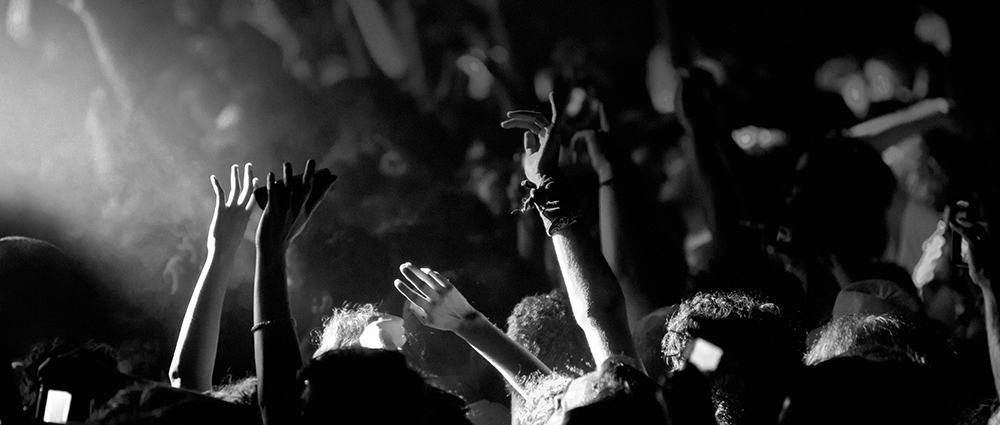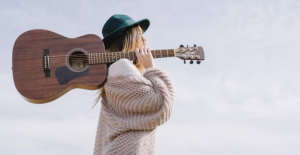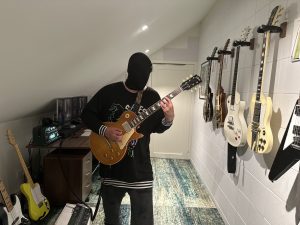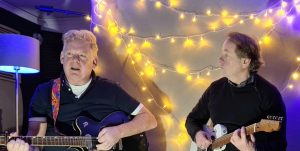If you’re someone who loves music, whether that’s live, in your car, or at home, you may be putting yourself at risk.
If you’re regularly listening to very loud music in the car, you may be at greater risk of not just being in a distracted driving accident but you might be permanently damaging your hearing.
We often don’t realise the importance of healthy hearing until it’s too late and the damage has been done.
The following are important things to know about hearing health and not only loud music but loud sounds in general.
Noise-Induced Hearing Loss
There is a condition called noise-induced hearing loss or NIHL, which happens when you listen to loud sounds. This can be short-term sounds or longer exposure.
Loud noise, including music, is especially dangerous to your inner ear, which is called the cochlea. Even just one exposure to an extremely loud sound, like a gunshot, can damage your inner ear. Listening to loud music over time can also cause hearing loss because the cells and membranes in the cochlea are damaged.
When you listen to loud noise for long periods, the hair cells in the ear become overworked, causing them to die.
Your hearing loss can then progress.
When your inner ear is damaged, it’s usually a permanent process.
Along with damaging hair cells, loud noises can damage the auditory nerve, which is responsible for carrying sound-related information to your brain.
Loud Noises That Can Cause Hearing Loss
If you’re repeatedly exposed to loud noises in your everyday life, you’re more at risk of hearing loss. The longer your exposure, the higher your risk for hearing loss. Some of the activities that may be linked to hearing loss over time include:
- Music from smartphones and personal listening devices
- Concerts, restaurants, and bars
- Movie theatres
- Motorised sporting events
- Other types of sporting events
- Power tools
- Sirens
- Firecrackers
- Firearms
While loud music and sounds over time contribute to permanent hearing loss, temporary hearing loss can also occur after you’re exposed to loud noise for any amount of time.
How to Protect Yourself From Hearing Loss?
There are ways, if you’re a musician or just generally love music, to protect yourself from hearing loss.
First, if you’re in your car, for example, and you have to shout to have someone hear you speaking, your music is probably too loud.
One of the easiest things you can do to protect your hearing is start turning down your music, a well as the TV and any other forms of media.
If you listen to music loudly on a regular basis, give yourself listening breaks which reduces your exposure.
You can also use hearing protection devices like earplugs when you can’t avoid loud sounds.
If you opt to use a hearing protection device, it may have a noise reduction rating or an NRR. That tells you how much possible protection it may provide.
Noise reduction ratings are measured in decibels. Most protection devices will have a rating of anywhere from 0 dB to 35 dB.
If you work in music or in any kind of loud environment, you might want to use a sound level meter. A sound level meter is something that can tell you quickly and easily if your environment is too loud, and you should give yourself a break from it or put on ear protection. There are some smartphone apps that have these meters.
The Signs of Hearing Loss
If you believe you might already have hearing loss, it’s important that you talk to a professional hearing specialist sooner rather than later. That can help prevent further loss.
Some of the possible signs of hearing loss include:
- When people are talking around you, it seems muffled.
- You have a hard time hearing high-pitch sounds, like doorbells.
- If you’re in a restaurant or noisy environment, it’s tough for you to understand conversations.
- You have a hard time understanding speech on the phone.
- You have to ask people to talk more slowly.
- You frequently turn up the volume of the TV or music because you feel like you can’t hear it.
- You’re very sensitive to some sounds.
- You have ringing in your ears.
If you’re worried about hearing loss or you have a history of loud noise exposure, talk to your doctor during your regular physical or checkup. They can do a basic hearing evaluation and look into your ear canal. Then, if needed, they might refer you to a hearing specialist.






